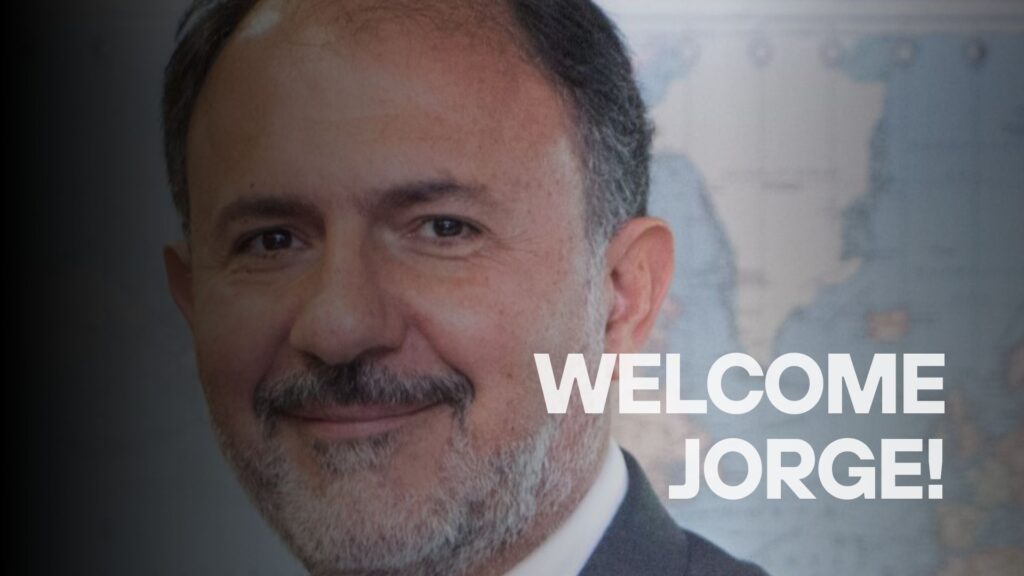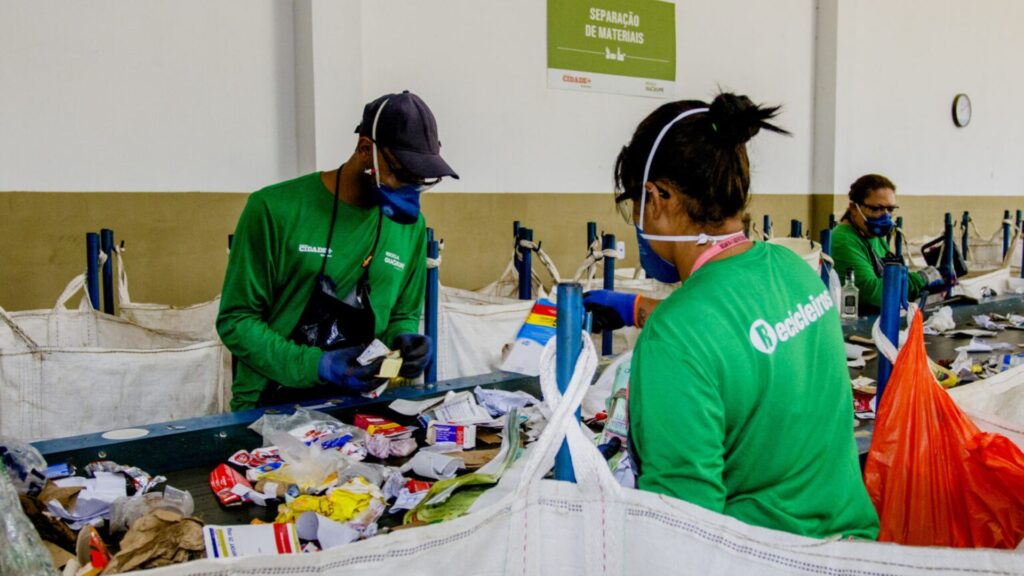Addressing Fashion’s Footprint: Sustainable Solutions for a Greener Future
In Honor of the International Day of Zero Waste 2025 Introduction Fashion is a powerful form of self-expression, but behind the glamor lies a growing problem. The industry is under pressure for its serious environmental and social impacts. Mountains of discarded clothes, rivers turned toxic from dyes, and synthetic fibers polluting marine life are just a few of the consequences of our fast-paced fashion system. In fact, the fashion industry is responsible for up to 8% of global greenhouse gas emissions—and every second, the equivalent of a garbage truck of clothing is burned or sent to landfill. As we mark the International Day of Zero Waste 2025 on March 30th., it’s more urgent than ever to spotlight these issues. The global campaign calls for innovative, community-driven solutions to reduce waste and shift toward a circular economy—goals that align perfectly with the movement for sustainable fashion. But the tide is beginning to turn. New collaborations are emerging that blend climate action with social impact—empowering marginalized communities while tackling fashion’s environmental toll. From climate certifications to circular business models, the industry is taking bold steps to become more responsible. Designing with the full lifecycle in mind—and giving clothes second, third, even fourth lives—is key to creating real, lasting change. The Hidden Costs of Fashion Fashion doesn’t just affect what we wear—it impacts ecosystems, workers, and communities. Most of its footprint happens during production, where huge amounts of water, energy, and chemicals are used to turn raw fibers into fabric. Shockingly, over 15,000 chemicals are used in textile manufacturing. Some—like flame retardants and stain repellents—are highly toxic and hard to remove from the environment, making safe recycling nearly impossible. And it doesn’t stop there. Synthetic fabrics release microplastics into the water every time we wash them. These tiny fibers are not only polluting oceans but also entering the food chain. That’s why the European Commission has made textiles a priority in its Circular Economy Action Plan, calling for urgent reform in the sector. This makes fashion a critical part of the waste conversation—not only in landfills, but throughout its entire lifecycle. Rethinking Fashion: Toward a Circular Future To truly shift fashion onto a sustainable path, we need more than just minor tweaks—we need systemic change. This means governments, brands, suppliers, and consumers all working together. Brands are beginning to invest in eco-innovation: from green chemistry to low-impact textiles. And while change is complex, it’s not impossible. With the right support and collaboration across the supply chain, the industry can drastically cut its environmental impact. These changes represent more than just trend shifts—they’re essential actions for achieving a zero waste future, where resources are valued and waste is designed out from the beginning. Game-Changing Materials & Methods Sustainable fashion starts with smarter choices in materials and production. Here are some innovations making waves: Such practices directly support the UN’s call to reduce and avoid waste generation in high-impact sectors like fashion. Designing With the Planet in Mind Fashion design plays a crucial role in sustainability. By choosing recyclable materials and phasing out harmful chemicals, designers can make clothes easier to reuse or recycle. Other key principles include: Timeless, durable designs also mean consumers get more wear out of each piece—reducing demand for constant replacements. This shift toward intentional design and responsible consumption resonates deeply with the International Day of Zero Waste’s focus on eliminating unnecessary resource use. The Power of Conscious Consumers Shoppers hold a lot of power. By making small changes, consumers can drastically reduce fashion waste. Here’s how: Unfortunately, marketing often pushes us to believe that “new is better.” Between 2000 and 2015, clothing production doubled, while the average garment was worn half as often. To change the industry, we also need to shift this mindset. These consumer habits are crucial in helping societies move toward zero waste cultures—ones where durability and reuse are celebrated, not ignored. Reinventing the Business Model While upcycling and resale offer great short-term solutions, the real transformation lies in rethinking the entire fashion business model. Circularity isn’t just about recycling—it’s about designing for longevity, reusability, and shared ownership from the very beginning. This includes models like: The goal? Maximize the value of each piece, over and over again. By embracing these models, brands are helping build the infrastructure for low-waste societies, which is one of the International Day of Zero Waste’s main goals. Tackling the Carbon Footprint Luxury brands and mainstream labels alike are starting to calculate—and cut—their emissions. Studies show that the raw materials used in garments account for a large part of a brand’s carbon footprint. That’s why using recycled materials, reducing packaging, and even looking at employee travel can make a big difference.Encouraging consumers to care for clothes properly—and keep them longer—also helps reduce emissions during the use phase. Zero waste and carbon neutrality go hand in hand. Every step taken toward reducing fashion waste contributes to broader climate goals. Challenges and What’s Next Despite exciting progress, sustainable fashion still faces barriers. Many small-scale producers and artisans don’t have access to the tools or training they need to thrive in a sustainable market. Fast fashion’s profit-driven models often leave little room for ethical practices. There’s also a pressing need for better education—across the industry and among consumers. Schools and design programs must integrate sustainability into their curriculums. Brands need transparency. Shoppers need better information. More research is also needed—on bio-based garments, user-centered design, and even how people dispose of clothes. Understanding habits like how often people discard items, and why, can help design better solutions. Supporting education and innovation aligns directly with the Zero Waste Day’s mission to build capacity and awareness for long-term solutions to waste. Conclusion A greener fashion future is possible—but it requires commitment across the board. From innovative materials to circular design, from consumer choices to government policies, every action matters. When brands commit to sustainability across operations, and consumers shift toward mindful habits, we create a system where fashion doesn’t cost the earth. It’s time to rethink what
Addressing Fashion’s Footprint: Sustainable Solutions for a Greener Future Read More »










